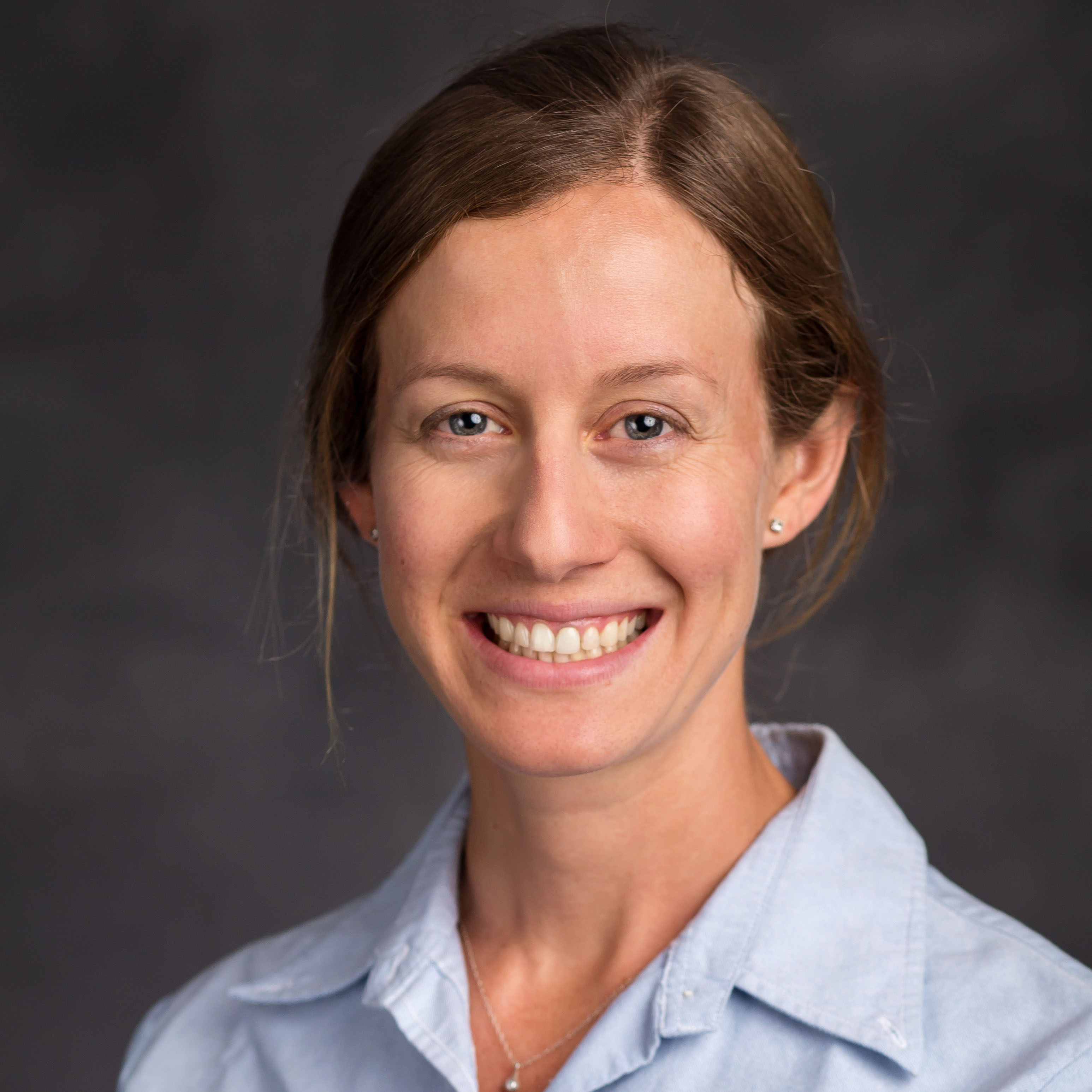UWRL welcomes four new faculty members
In early 2017, the USU Department of Civil and Environmental Engineering and the Utah Water Research Laboratory announced that we were seeking “bright, creative and interdisciplinary researchers to lead and develop the next generation of resilient solutions to water problems, …creative and talented individuals that will become world leaders in water related research”—and we found them!
We are excited to welcome four new faculty members to the UWRL this year:
Belize Lane, Assistant Professor
Dr. Lane is teaching Physical Hydrology (CEE 6400), Fall 2017
Get to know her better when she presents at the Water, Environmental, and Irrigation Seminar Series on Wednesday, November 8, 2017, at 3:30 PM in ENGR 108.
Belize joins us from UC Davis. Her expertise is at the intersection of hydrology and water resources management, with an emphasis on improving river management for both human and environmental objectives. Her recent research has focused on linking surface hydrology, fluvial geomorphology, and river ecology to improve basic scientific understanding of river systems while directly informing watershed management applications. When not studying rivers, she enjoys rafting them. She has rafted the headwaters of the Amazon in Peru (Maranon), the headwaters of the Brahmaputra in norther India (Siang), the Grand Canyon (Colorado), as well as rivers in Costa Rica, Chile, Oregon, Idaho, and California.
Alfonso Torres-Rua, Assistant Professor
Dr. Torres-Rua will be teaching Remote Sensing of Land Surfaces (CEE 5003/6003), Spring 2018
See his guest presentation at Spring Runoff Conference 2017: https://www.youtube.com/watch?v=3TwESllHaf4, and follow him on Twitter @torres4rua
Alfonso hails from Peru but earned his MS and PhD right here at USU. His research and expertise include remote sensing data (unmanned aerial vehicles [UAVs] and satellites) production and analysis for agricultural water management, with emphasis on spatial crop status and water use estimation and monitoring, as well as water resources analysis at spatial and temporal scales. Recent research has focused on evapotranspiration, irrigation, remote sensing, soil moisture, and using high-resolution UAV and satellite imagery for studies and models at large and small scales. Alfonso oversees AggieAir analytics procedures and research for scientific and practical applications.
Tianfang Xu, Research Assistant Professor

Dr. Xu is teaching Groundwater Engineering (CEE 5430/6430), Fall 2017
Get to know her better when she presents at the Water, Environmental, and Irrigation Seminar Series on Wednesday, October 25, 2017, at 3:30 PM in ENGR 108.
Tianfang started her engineering journey at Nanjing University in China, a journey that led her next to the University of Illinois at Urbana-Champaign, and then on to a research position at Michigan State University. Her research centers on model-data fusion, combining process-based models with data-driven methods, to improve predictive capability and understanding of water resources systems, in particular, under human adaptations and global change. Recent projects include integrated modeling of surface and ground water, using remote sensing and machine learning for crop irrigation monitoring and yield prediction, and HPC-enabled uncertainty quantification for hydrologic models.
Ruije Zeng, Assistant Professor

Dr. Zeng will be teaching classes in Spring 2018
Get to know him better when he presents at the Water, Environmental, and Irrigation Seminar Series on Wednesday, September 20, 2017, at 3:30 PM in ENGR 108.
Ruije first studied hydraulic engineering at Tsinghua University in China, followed by two graduate degrees at the University of Illinois at Urbana-Champaign. His research focuses on understanding watersheds as coupled nature-human systems, in particular how hydroclimatic processes change due to irrigation development at watershed and regional scales. He also works on water resources system analysis, with an emphasis on using data mining techniques to provide better decision-making support for water resources planning and management.



